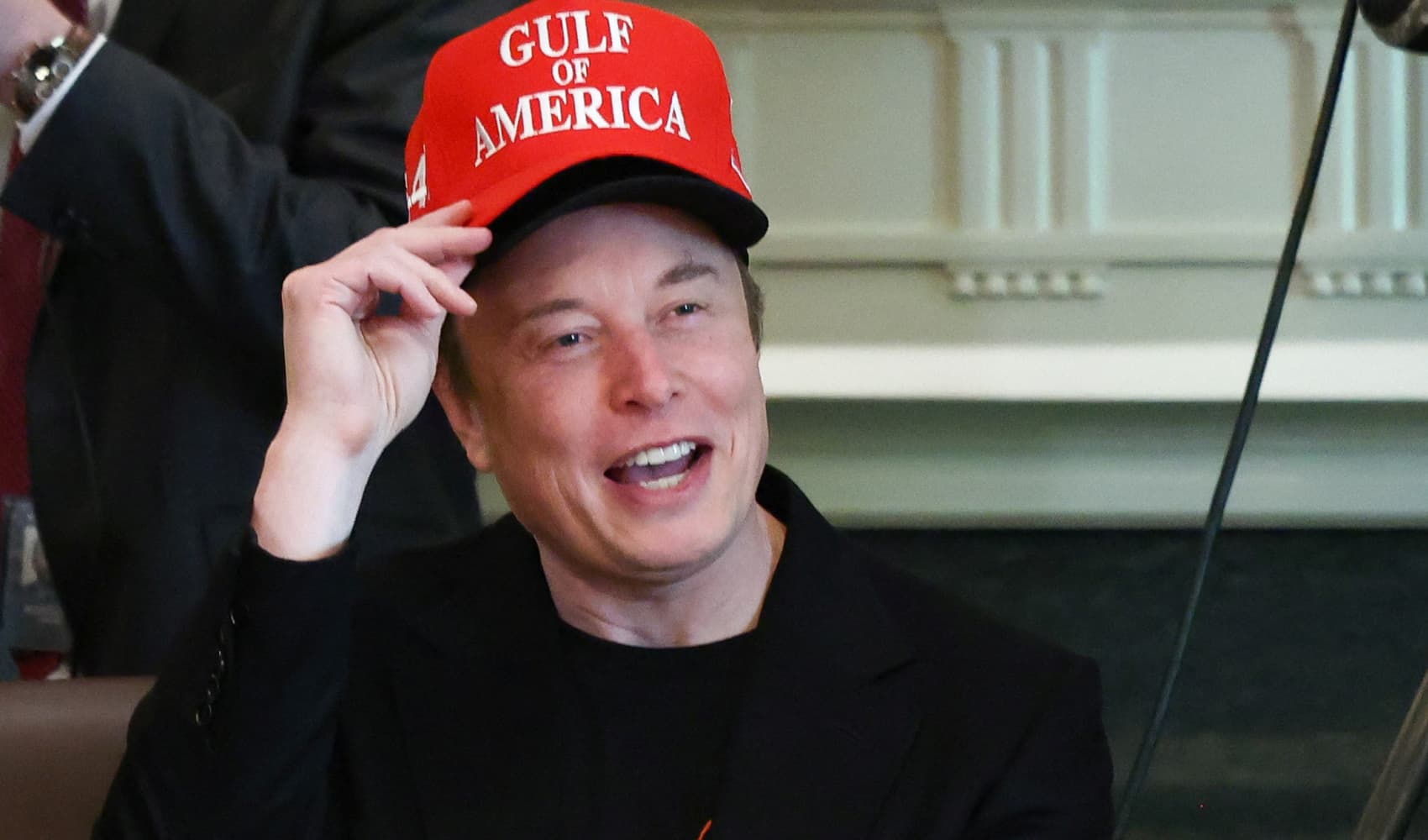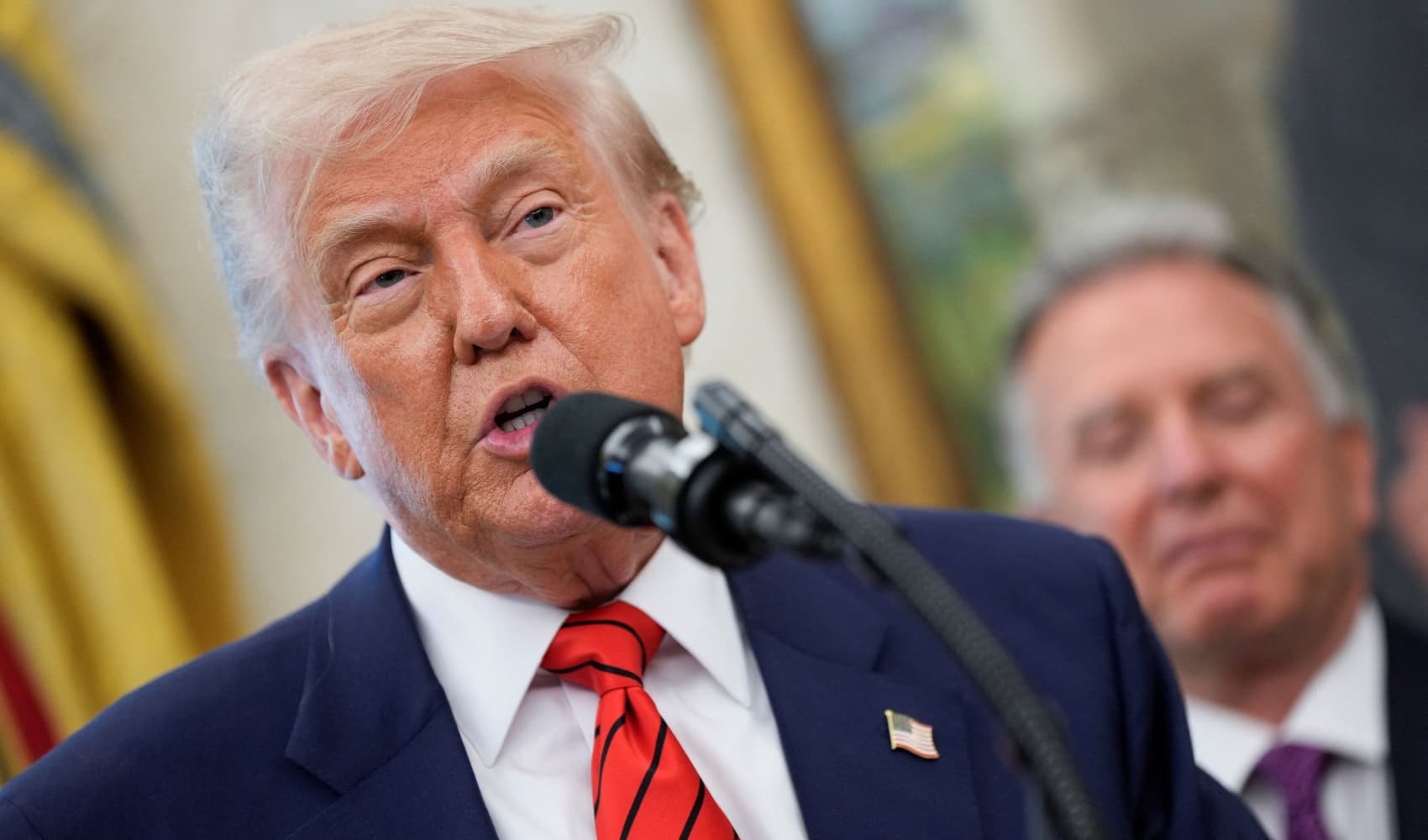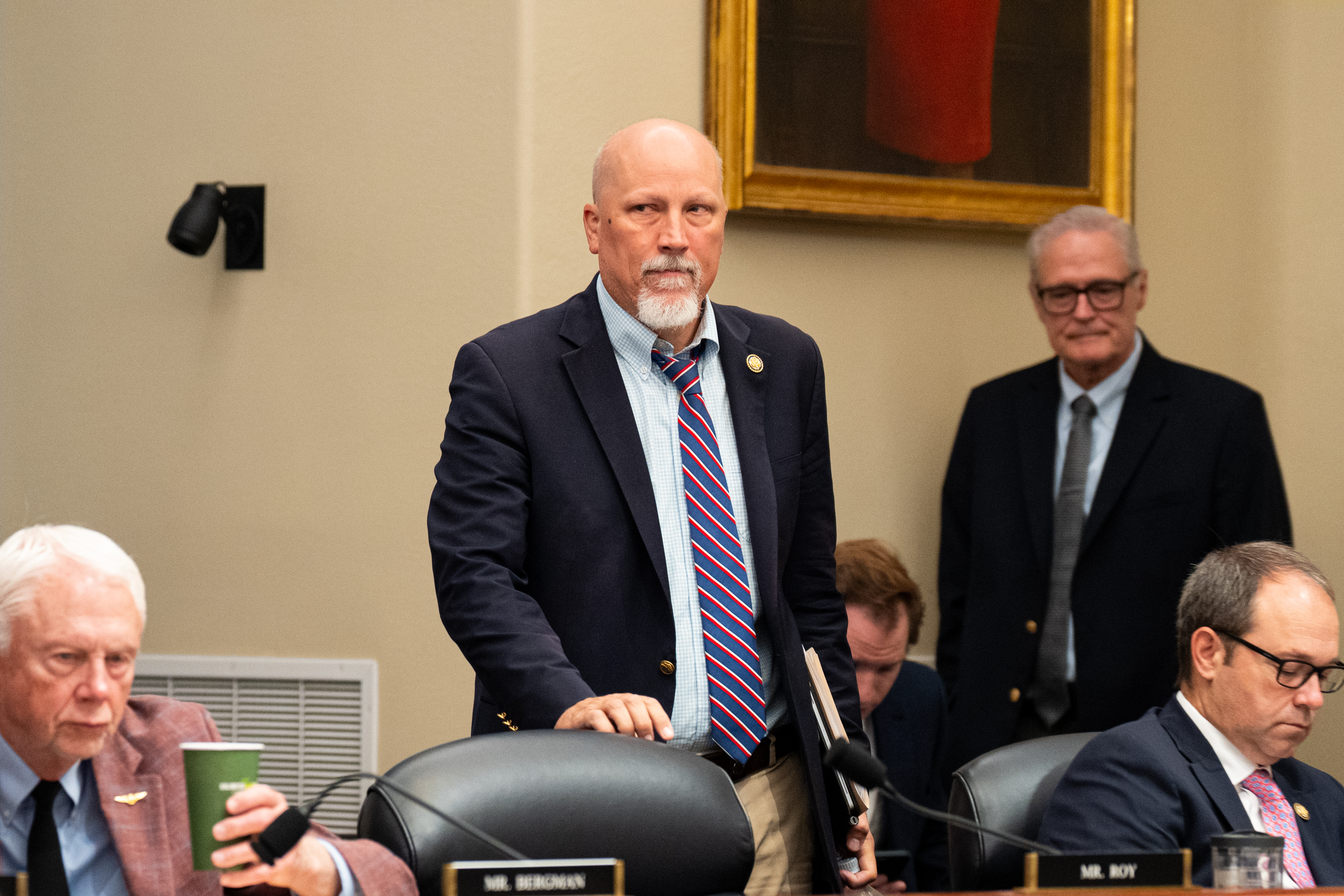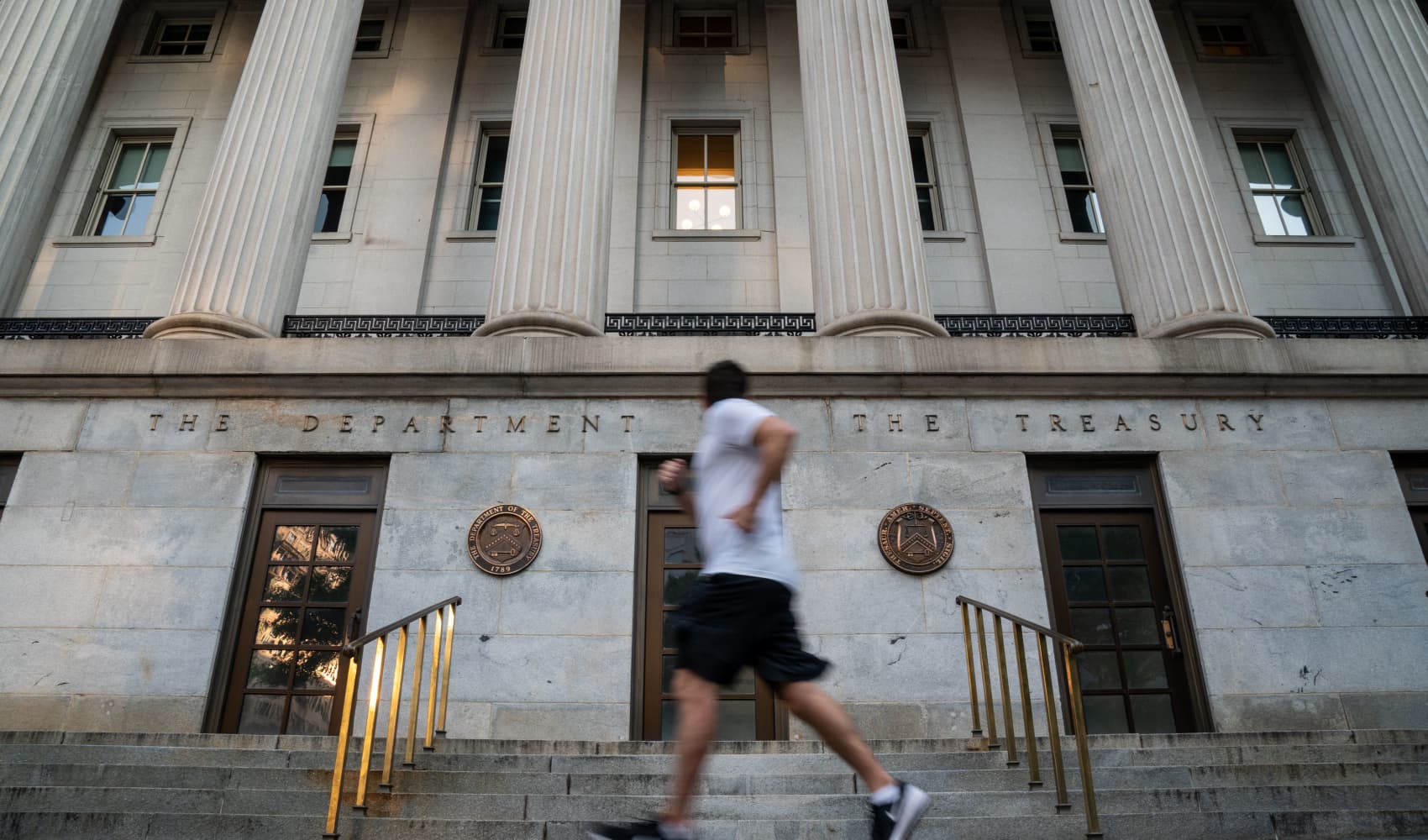Elon Musk's DOGE: $160B Saved, Farewell to Trump?
Elon Musk's "Farewell"—DOGE Saves $160B, Leaves Trump's Cabinet (Sort Of)
Introduction: Musk's Mission Accomplished? Or Just Beginning?
So, Elon Musk is saying "goodbye" – well, kind of. After a stint dedicated to streamlining the federal government, the Tesla and SpaceX CEO is stepping back, claiming his efforts through the "Department of Government Efficiency," nicknamed DOGE (yes, really!), have saved a cool $160 billion. But is this a victory lap? Or a humble retreat after falling short of his sky-high initial goals?
Musk's DOGE Project: A Bold Promise, a Smaller Reality
The $2 Trillion Dream
Remember last fall? Musk boldly announced DOGE would slice a whopping $2 trillion from the federal budget. That’s trillion with a 'T'! It was a promise that sent shockwaves through Washington. It was like saying you were going to move a mountain with a spoon. Audacious, to say the least.
The $160 Billion Reality
Fast forward, and the tune has changed slightly. The $160 billion in savings, while nothing to sneeze at, is a far cry from that initial $2 trillion target. Did Musk bite off more than he could chew? Was the federal bureaucracy too entrenched to be tackled, even by a visionary like Musk?
A Farewell…For Now? Musk's Reduced Role
"An Honor," Says Musk
Musk reportedly told President Trump and his Cabinet that it had "been an honor" working with them. But what exactly does that mean for the future of DOGE and government efficiency?
One or Two Days a Week
The billionaire isn't completely abandoning his pet project. He plans to dedicate one or two days a week to DOGE. Is this enough to maintain momentum? Or will the project slowly fade into the background?
What Exactly Did DOGE Do? Understanding the Savings
Workforce Slashing: The Core Strategy
While details are scarce, Musk's primary strategy seems to have revolved around slashing the federal workforce. This is where the bulk of the $160 billion in savings likely originated. But at what cost?
Efficiency vs. Services: The Debate
Any significant reduction in government workforce raises questions about the impact on public services. Are these savings truly beneficial if they come at the expense of critical programs? It’s a tightrope walk between financial prudence and effective governance.
Trump's Take: A Match Made in Efficiency Heaven?
The President's Stance
While not explicitly stated in the limited information available, it's safe to assume President Trump, with his own focus on streamlining government, was receptive to Musk's initiatives. To what extent did Trump endorse Musk's radical changes?
Synergy or Just Shared Goals?
Did Musk and Trump's shared goal of reducing government spending create a synergistic partnership? Or was Musk simply a unique external force tackling a problem the administration was already focused on?
The Critics' Corner: Where's the Transparency?
Lack of Specifics: A Common Complaint
One of the biggest criticisms surrounding DOGE is the lack of transparency. Details about the specific cuts, the methodologies used to calculate savings, and the impact on individual departments have been largely absent.
Skepticism and Scrutiny
This lack of transparency has fueled skepticism and scrutiny from both sides of the political spectrum. Are these savings real? Are they sustainable? These are questions that deserve clear and concise answers.
The Future of DOGE: What's Next for Government Efficiency?
Musk's Continued Involvement
Even with his reduced role, Musk's continued involvement suggests a commitment to the cause of government efficiency. What innovative strategies might he pursue with his limited time?
The Legacy of DOGE: A Precedent for Change?
Regardless of the ultimate success or failure of DOGE, the project has undoubtedly sparked a conversation about government efficiency. Will it serve as a precedent for future attempts to streamline the federal bureaucracy? Or will it be remembered as an ambitious but ultimately unrealistic endeavor?
The DOGE Name: Marketing Genius or Just Plain Weird?
Memes and Government: A Strange Combination
Let's be honest, the use of "DOGE," a reference to the popular Shiba Inu meme, is a bit…unconventional. Was this a stroke of marketing genius, designed to capture public attention? Or simply a quirky decision that undermines the seriousness of the project?
Attention-Grabbing Tactics
Love it or hate it, the DOGE name certainly grabbed headlines. In a world saturated with information, perhaps unconventional tactics are necessary to break through the noise. But at what cost to credibility?
The Bigger Picture: Government Spending and the National Debt
$160 Billion: A Drop in the Bucket?
While $160 billion is a significant sum, it represents a relatively small fraction of the overall federal budget and the staggering national debt. Is focusing on workforce reductions the most effective way to address these larger fiscal challenges?
A Holistic Approach Needed
Many argue that a holistic approach, encompassing tax reform, entitlement reform, and strategic investments, is necessary to truly tackle the national debt. DOGE, in this context, is just one piece of a very complex puzzle.
Elon Musk: Visionary or Overzealous Reformer?
The Musk Mystique
Elon Musk is undoubtedly a visionary, with a proven track record of disrupting industries and pushing the boundaries of innovation. But does this translate to expertise in government efficiency?
Balancing Ambition with Reality
Perhaps Musk's ambition outstripped the practical realities of Washington. Or maybe he was simply laying the groundwork for future reforms. Only time will tell.
Conclusion: A Mixed Bag of Results and Unanswered Questions
Elon Musk's "farewell" to Trump's Cabinet and his report on DOGE's $160 billion in savings leave us with more questions than answers. While the savings are noteworthy, they fall far short of initial projections. The lack of transparency and the potential impact on public services remain concerns. Whether DOGE will be remembered as a successful reform effort or a well-intentioned but ultimately limited endeavor remains to be seen. One thing is certain: the conversation about government efficiency is far from over.
Frequently Asked Questions
- What exactly is DOGE and what was its purpose?
DOGE, short for "Department of Government Efficiency," was Elon Musk's initiative to streamline and reduce spending within the federal government. The aim was to identify areas of waste and inefficiency and implement strategies to cut costs.
- How did DOGE achieve its $160 billion in savings?
According to reports, the savings were primarily achieved through workforce reductions within various federal departments. However, specific details on the exact cuts and methodologies used remain largely undisclosed.
- Why did Elon Musk step back from his role in DOGE?
While the exact reasons are unclear, Musk has stated he plans to dedicate only one or two days a week to DOGE going forward, suggesting a shift in priorities or perhaps a realization that achieving his initial goals was more challenging than anticipated.
- What are the potential downsides of cutting the federal workforce?
Significant workforce reductions can potentially lead to decreased quality and accessibility of public services, longer wait times for government assistance, and negative impacts on employee morale and productivity. Finding the right balance between efficiency and effectiveness is crucial.
- Is $160 billion a significant amount in the context of the overall federal budget?
While $160 billion is a substantial sum, it represents a relatively small portion of the trillions of dollars that the federal government spends annually. It's a step in the right direction, but a more comprehensive approach is needed to address the national debt and ensure fiscal responsibility.



